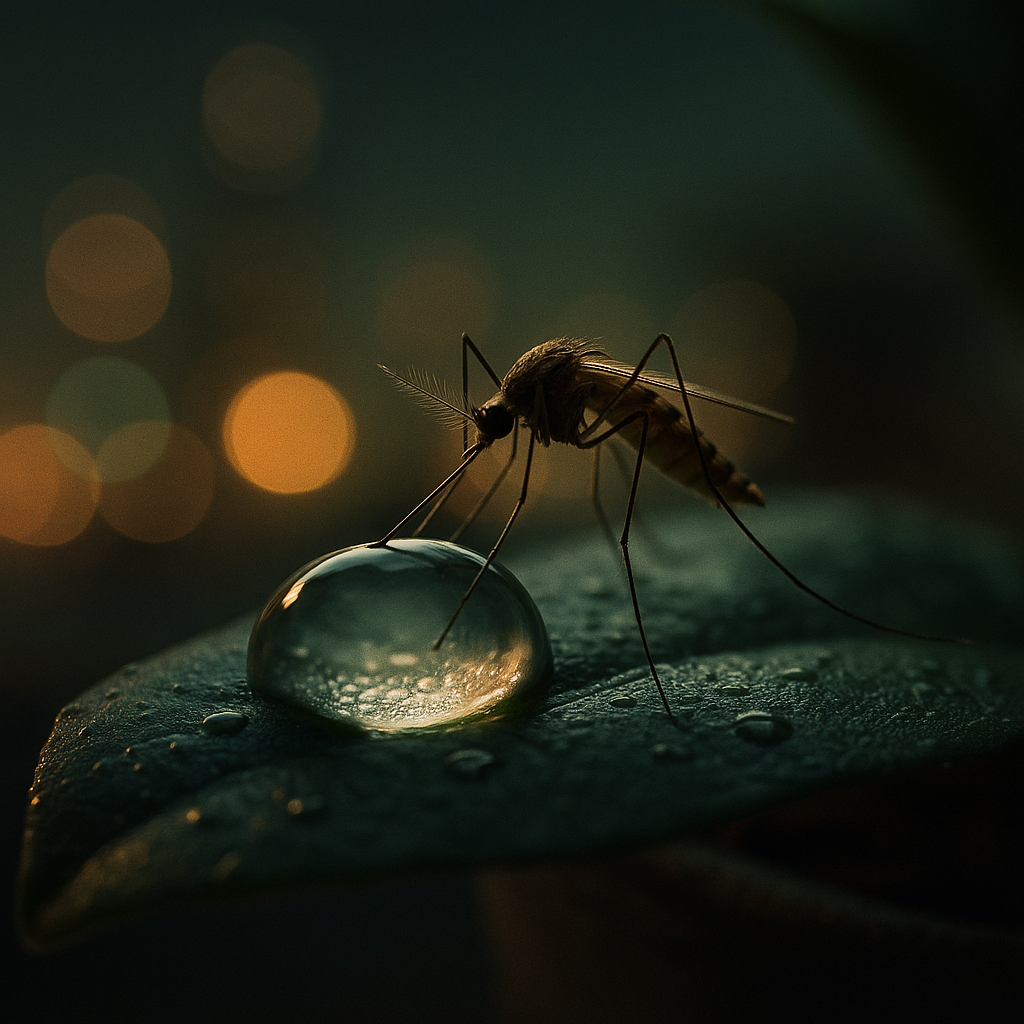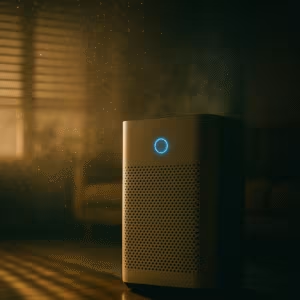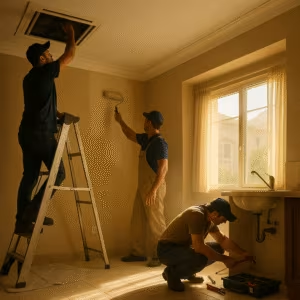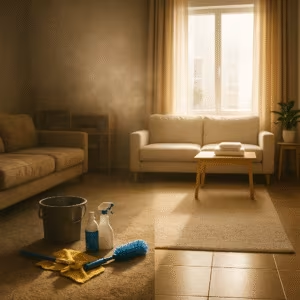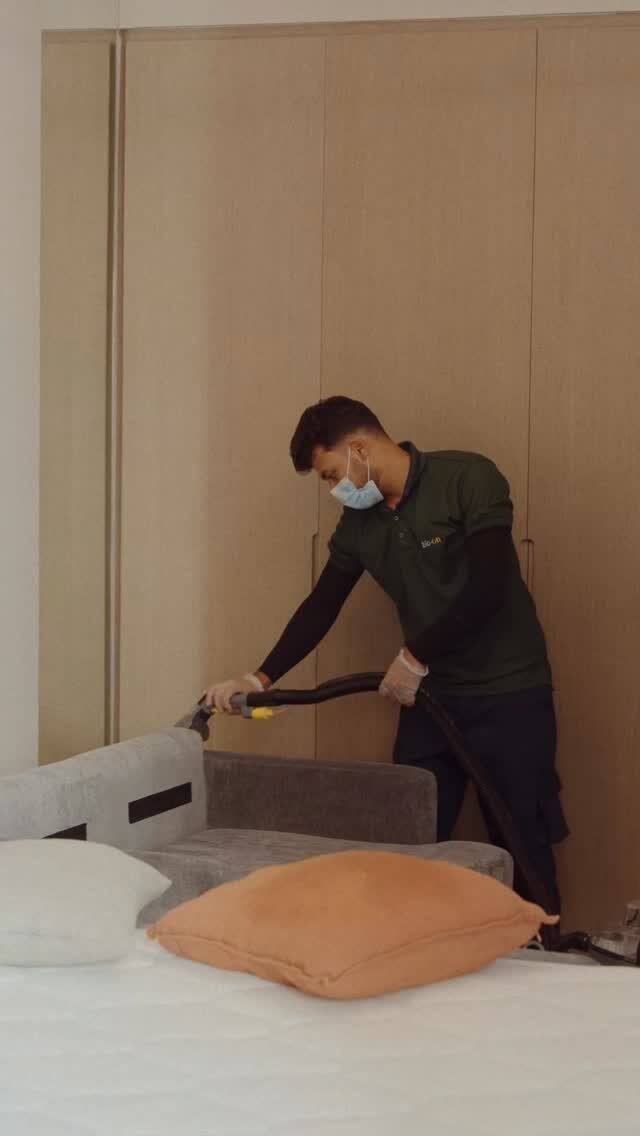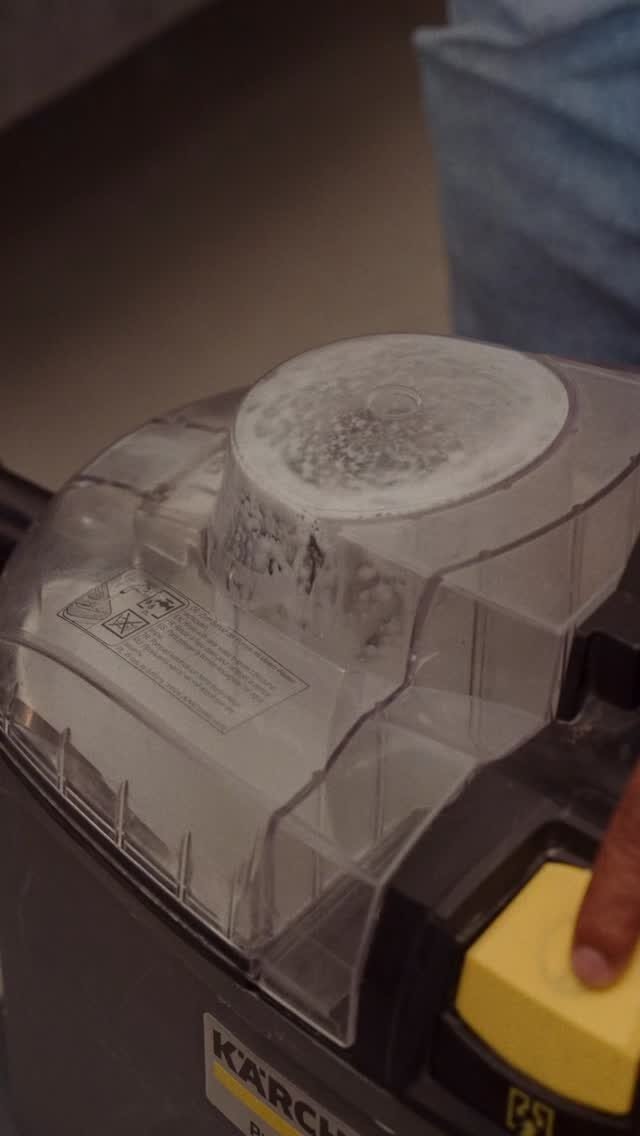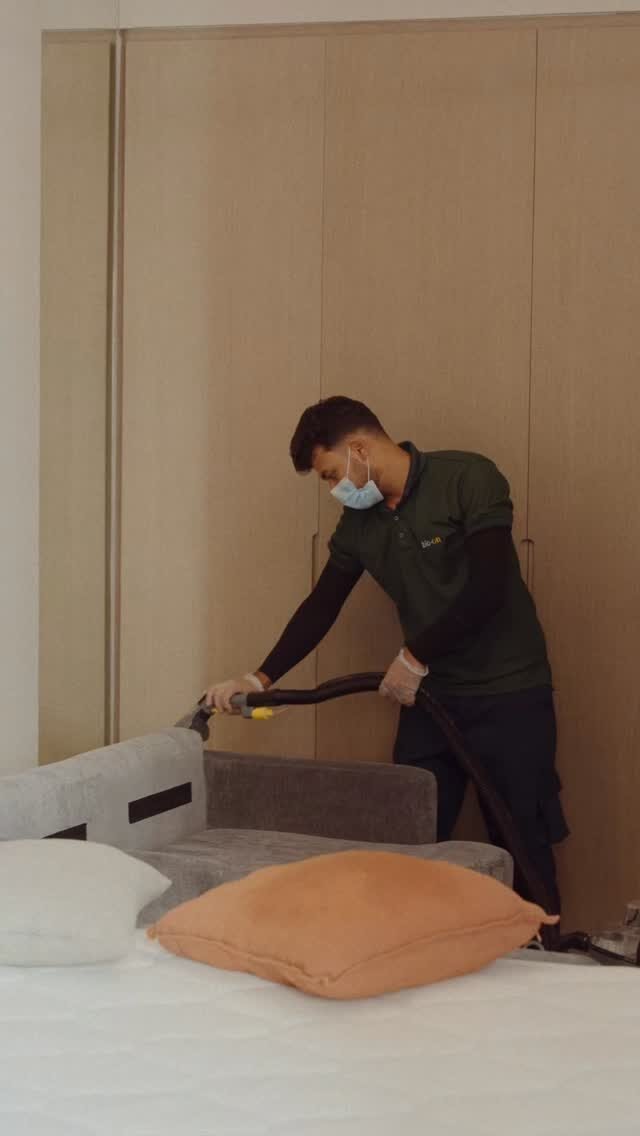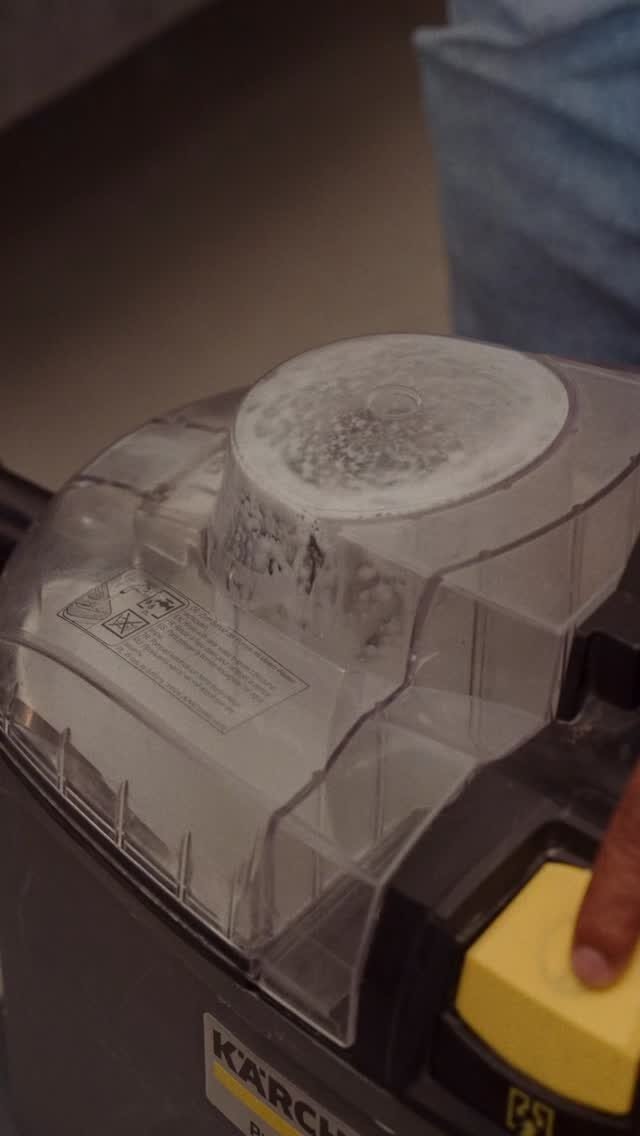Living in the UAE’s warm and humid climate means mosquitoes are part of everyday life — and dubai mosquitoes can be especially persistent. Even though Dubai is known for its modern infrastructure and clean urban environment, its tropical weather conditions, landscaping, and water systems create perfect breeding grounds for mosquitoes year-round. These small insects might seem harmless at first, but their bites can cause irritation, allergic reactions, and in rare cases, transmit diseases. Understanding how to prevent mosquito infestations in your home or workplace is essential for maintaining hygiene and health. In this article, we’ll explore why dubai mosquitoes are a recurring problem, where they breed, how to prevent them effectively, and what to do if they’ve already invaded your space.
Table of Contents
ToggleWhy Dubai Has a Mosquito Problem
While many people assume that mosquitoes only thrive in tropical forests or rural areas, Dubai’s urban landscape offers many hidden breeding sites. The city’s rapid development and irrigation systems have created small pockets of stagnant water across gardens, drainage areas, and construction sites. Combined with the UAE’s warm climate and occasional humidity spikes, these conditions support mosquito reproduction almost all year long.
In winter, when humidity levels are lower, mosquito activity reduces slightly, but it never disappears completely. During warmer months, especially after rain or garden watering, their numbers rise quickly. Mosquitoes in Dubai are mostly active during dusk and dawn when temperatures are moderate. Understanding these patterns helps in designing effective prevention strategies that fit the UAE’s environment.
Common Breeding Grounds for Dubai Mosquitoes
Mosquitoes lay eggs in stagnant or slow-moving water. Even a small amount — like the water collected in a bottle cap — can host hundreds of larvae. Here are the most common breeding areas in Dubai homes and neighborhoods:
- Flowerpots and plant saucers: Excess water from overwatering plants can collect at the base of pots, providing a perfect breeding spot.
- Air conditioner drip trays: Condensation water that isn’t drained properly becomes stagnant, especially in outdoor units.
- Water tanks and buckets: Uncovered tanks or cleaning buckets left outside collect rainwater and attract mosquitoes.
- Clogged drains: Both kitchen and outdoor drains, when blocked, trap moisture that supports larvae.
- Fountains and ponds: Decorative water features in gardens and hotels can become mosquito breeding sites if not treated regularly.
- Construction areas: Open containers, barrels, or debris in construction zones often hold water and become unnoticed breeding hotspots.
By identifying and managing these areas, homeowners can eliminate up to 80% of mosquito breeding grounds around their property.
Prevention Tips for Dubai Mosquitoes
Preventing mosquitoes in Dubai requires a mix of cleanliness, environmental management, and smart home habits. Here are the most effective strategies for prevention:
1. Eliminate Standing Water
This is the most critical step. Empty and dry all containers that collect water around your home. Clean and scrub birdbaths, buckets, and pet bowls at least once a week. Cover water tanks tightly and ensure that drains are unclogged to prevent stagnation.
2. Maintain Your Garden
Trim grass and bushes regularly to minimize shaded resting areas for mosquitoes. Avoid overwatering lawns, as excess moisture encourages breeding. If you have ornamental ponds, add fish that feed on mosquito larvae, such as guppies or mosquito fish. Alternatively, install a small fountain pump to keep the water moving.
3. Check Air Conditioning Units
Outdoor AC units often produce condensation water. Ensure the drainage pipe leads to a dry outlet and not an open puddle. Regular maintenance can prevent small leaks that turn into mosquito magnets.
4. Use Screens and Seal Openings
Install fine mesh screens on windows and balcony doors to keep mosquitoes out while allowing airflow. Check for gaps around doors, windows, and vents. Silicone sealing or weatherstripping helps prevent mosquitoes from slipping indoors.
5. Keep Indoor Spaces Clean and Dry
Mosquitoes thrive in humid environments. Use dehumidifiers in damp rooms, especially bathrooms and basements. Avoid leaving wet towels or clothes hanging indoors overnight. Regular cleaning and ventilation keep humidity levels low and make your home less inviting to pests.
6. Use Natural Repellents
Essential oils like citronella, lemongrass, lavender, and eucalyptus are natural mosquito deterrents. You can diffuse them or apply diluted versions to your skin. Burning citronella candles in outdoor areas adds both aroma and protection. Additionally, planting mosquito-repelling herbs like basil, rosemary, and mint near doors and windows can make a noticeable difference.
7. Choose the Right Lighting
Mosquitoes are attracted to certain types of light, especially ultraviolet and blue wavelengths. Replace outdoor bulbs with yellow or warm LED lights, which are less attractive to insects. Motion-sensor lighting also reduces continuous illumination, minimizing mosquito activity near doors.
What to Do If Mosquitoes Are Already Indoors
If mosquitoes have already entered your home, quick action is necessary to stop them from multiplying. Here are some practical steps:
1. Use electric mosquito traps or zappers: These devices attract mosquitoes using light and then capture or kill them. They are effective indoors and safe for families.
2. Apply safe insect sprays: Choose non-toxic sprays that are approved for indoor use. Spray in dark corners, behind furniture, and near windows where mosquitoes hide during the day.
3. Switch on fans: Mosquitoes are weak fliers. Ceiling or standing fans create air movement that makes it hard for them to land and bite.
4. Sleep under mosquito nets: If the infestation is severe or you live in an area near gardens or lakes, use mosquito nets for added nighttime protection.
5. Hire professional help: If the problem persists despite preventive measures, professional pest control may be necessary. Experts use eco-friendly fogging and larvicidal treatments to target breeding sites safely and effectively.
Health Risks of Dubai Mosquitoes
While most mosquito bites in Dubai cause only itching or swelling, it’s important not to underestimate the potential health risks. In rare cases, imported mosquito species can carry diseases such as dengue or chikungunya. Travelers who recently returned from tropical regions can also introduce new mosquito types. Apart from disease, constant bites can lead to skin infections due to scratching or allergic reactions. Children and sensitive individuals may experience more intense itching or even mild fever after multiple bites.
Government and Municipality Actions
Dubai Municipality takes mosquito control seriously, conducting regular fogging operations in high-risk areas and inspecting public spaces for stagnant water. Homeowners and building managers are also required to ensure that premises remain mosquito-free. Violations related to water negligence can result in fines, as part of the city’s ongoing efforts to maintain public health. Residents are encouraged to report mosquito infestations to the municipality’s hotline for quick response and assistance.
How Bio-On Cleaning Services Can Help
At Bio-On Cleaning Services, we specialize in deep sanitation and environmental hygiene, which naturally includes mosquito prevention and control. Our expert team uses safe, municipality-approved methods to treat areas prone to mosquito breeding, from balconies and gardens to drainage points and rooftops. Unlike temporary fogging, our approach focuses on long-term prevention — cleaning, sealing, and sanitizing possible sources of stagnant water. We also provide eco-friendly odor and pest management services that keep your indoor spaces clean and healthy without using harsh chemicals. Our pricing is transparent and among the most competitive in the UAE, but final costs are always verified by our experts before any work begins to ensure fairness and accuracy.
Daily Habits to Stay Mosquito-Free
Even after professional cleaning, maintaining a few simple habits can keep mosquitoes away permanently:
- Empty all water containers weekly and scrub them to remove eggs.
- Keep gutters clean and sloped for proper drainage.
- Use mosquito-repelling essential oils in diffusers around the house.
- Keep garden fountains running or treat the water regularly.
- Schedule seasonal home inspections for air conditioner drainage and leaks.
Conclusion
Dubai mosquitoes may be small, but their impact can be big — from disturbed sleep to health risks. Preventing them starts with eliminating standing water, maintaining clean and dry environments, and using natural repellents effectively. When infestations grow or become too stubborn, professional assistance is the safest and fastest solution. At Bio-On Cleaning Services, we help residents across Dubai and other Emirates create mosquito-free, hygienic homes through expert inspection and treatment. Don’t wait until bites become unbearable — click the contact button on the right middle of this article, and let us help you enjoy a safer, cleaner, and more comfortable environment free from mosquitoes.








